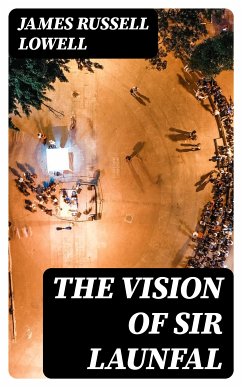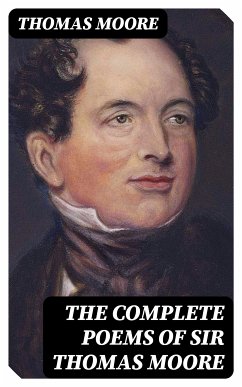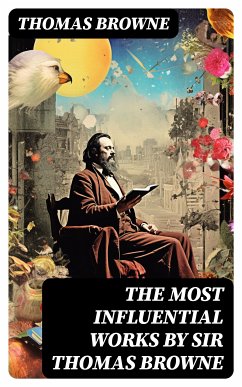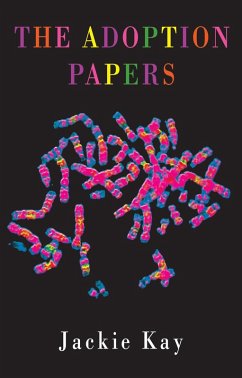
The Sir Roger de Coverley Papers (eBook, ePUB)
Versandkostenfrei!
Sofort per Download lieferbar
1,99 €
inkl. MwSt.
Weitere Ausgaben:

PAYBACK Punkte
0 °P sammeln!
The Sir Roger de Coverley Papers is a masterful anthology that captures the quintessence of early 18th-century British literature, brimming with satire, wit, and a keen examination of the social fabric of the time. This collection, originally published in the pages of The Spectator, offers a rich tableau of the life and manners of its era through a series of engaging narratives and character sketches centered around the genial and affable Sir Roger de Coverley. From rustic charms to urbane complexities, these pieces traverse a spectrum of settings, inviting readers to experience the convergenc...
The Sir Roger de Coverley Papers is a masterful anthology that captures the quintessence of early 18th-century British literature, brimming with satire, wit, and a keen examination of the social fabric of the time. This collection, originally published in the pages of The Spectator, offers a rich tableau of the life and manners of its era through a series of engaging narratives and character sketches centered around the genial and affable Sir Roger de Coverley. From rustic charms to urbane complexities, these pieces traverse a spectrum of settings, inviting readers to experience the convergence of storytelling and social commentary. Each installment reveals nuances of societal norms and personal idiosyncrasies, creating a diverse and captivating literary mosaic. Authored by eminent figures of the period, including Joseph Addison, Richard Steele, and Eustace Budgell, the anthology reflects an intersection of contemporary cultural and intellectual movements. These writers, pivotal in the development of the essay form, bring distinct voices that coalesce to critique and celebrate 18th-century British society. Their contributions not only mirror the Enlightenment ideals of reason and civility but also place an emphasis on the emergent public discourse emanating from coffeehouse culture, making it a definitive study of its time. The Sir Roger de Coverley Papers invites readers into a bygone era, offering insights that remain relevant for the discerning mind today. It is both an educational resource and a delightful exploration of human nature and societal commentary. Through its pages, readers can indulge in a multiplicity of perspectives, appreciating the dialogue fostered between the authors' varied yet harmonious narrative styles. This anthology is a testament to the timelessness of literary craftsmanship and the enduring appeal of relatable, vivid character portrayals.
Dieser Download kann aus rechtlichen Gründen nur mit Rechnungsadresse in A, B, BG, CY, CZ, D, DK, EW, E, FIN, F, GR, H, IRL, I, LT, L, LR, M, NL, PL, P, R, S, SLO, SK ausgeliefert werden.













